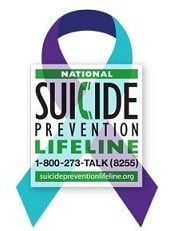Emotional unavailability is a behavior in which a person cannot connect in relationships in a healthy way. The person may be physically present, but his/her partner will affirm that the love seems one-sided, with the partner expressing more affection, commitment and caring than the one who remains unavailable. In some cases, the partner even feels worthless, a victim of emotional abuse.
The irony of emotional unavailability is this: those who are unavailable want to make that healthy, loving connection but are unable due to fear. So, emotional unavailability is a subconscious self-defense mechanism to protect the sufferer from more pain. Unfortunately, this causes pain in others.
Normally, the root of the problem can be traced to events within the family that caused great scarring on the one affected. By not allowing others in, the emotionally unavailable person protects himself/herself from more hurt. Being emotionally present for those in your life means you are there for them, you have their back—and that is clearly absent in the emotionally unavailable person. While they may make promises about your future together, their actions don’t support what they say. They may profess to love you, yet you feel that your wants and needs are not being fulfilled.
Emotionally unavailable people are not singled out by gender or by marital status. Men, as well as women are affected, and many with the condition are married. It’s an issue of trust and allowing oneself to be open to intimacy.
If an emotionally unavailable person is present in your life, if you express more affection and care than you receive, it’s important you talk to a counselor who can help you through it. These issues can be resolved so your family can enjoy a more loving environment. Let Tracy Crain help.






